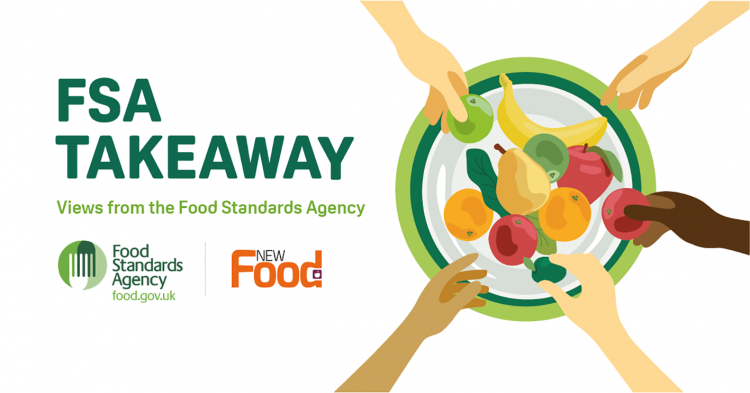Lessons learned during COVID-19
- Like
- Digg
- Del
- Tumblr
- VKontakte
- Buffer
- Love This
- Odnoklassniki
- Meneame
- Blogger
- Amazon
- Yahoo Mail
- Gmail
- AOL
- Newsvine
- HackerNews
- Evernote
- MySpace
- Mail.ru
- Viadeo
- Line
- Comments
- Yummly
- SMS
- Viber
- Telegram
- Subscribe
- Skype
- Facebook Messenger
- Kakao
- LiveJournal
- Yammer
- Edgar
- Fintel
- Mix
- Instapaper
- Copy Link
Posted: 26 August 2020 | Emily Miles | No comments yet
In the second of a two-part discussion on trust and collaboration in the food system, the Food Standards Agency’s (FSA) Chief Executive, Emily Miles, discusses the impact of COVID-19 and the need for better collaboration across Government.


Responding to the COVID-19 pandemic has been one of the greatest challenges faced by any UK government in peacetime. For the food industry, and for those of us who regulate food businesses, we have learned a lot from the pressures of the last few months.
We have seen that the food system is resilient, with food supply and safety being maintained in difficult circumstances. The private sector has largely shown it can adapt quickly, by pivoting from supplying wholesale and catering, to supplying retail. Government and local authorities collaborated and were flexible during a time of crisis, by moving quickly to change policies and practices to help keep food on shelves. There were areas where we could have improved, but the effort and collaborative spirit was impressive.
While it is the private sector’s responsibility to ensure that food supply and safety are maintained, the Government has an important role to play in supporting food businesses and ensuring that consumers interests are protected. This is true of the COVID-19 response but also in the other global challenges facing the food system. Government is the only actor in the system that is responsible for the public good in the face of market failure. It is the taxpayer who will meet the cost of obesity to the NHS. It is the Government and local authorities of the UK who must look after the population if there are any food shortages that result from damage to our environment. It is also the Government that provides the safety net to avert food poverty.
Those big challenges cannot be solved by a single Government department or local authority. They require complex solutions and collective effort; I know from experience that it is hard to work across many institutions or Government departments.
The way Government departments are organised can stifle collaboration. It is harder to work across departments and devolved administrations, but where there is huge ‘political will’ at the centre of Government collaboration can become a reality. It is often informed by context; if there is a strong ‘burning platform’: a terrorist attack, a war, a crisis like COVID-19, the civil service knows how to pull together and deliver extraordinary things.
As we emerge from the COVID-19 crisis and begin to refocus on the wider strategic challenges for the food system, collaboration will be the key to delivering trust. National and local Government and their departments must pool their powers, knowledge, consumer understanding, science, and, crucially, their relationships with industry and civil society. We need to join up our thinking. Fragmentation within and between Governments leads to failure and missed opportunities because it generates uncertainty and inconsistency for the food industry, and lack of clarity and direction for consumers.
COVID-19 has shown that Government, the private sector, and civil society can collaborate to achieve common good. The Food Standards Agency (FSA) is only one actor in tackling the big food strategy challenges like obesity, security of supply, and the environmental externalities of food. For food you can trust, that spirit of common endeavour that has been the hallmark of the best of our response to COVID-19 has to continue. This will ensure that Government, industry and civil society work together to ensure the transformation of this complex and essential system, so that we can feed the nation while also looking after the planet for generations to come.









